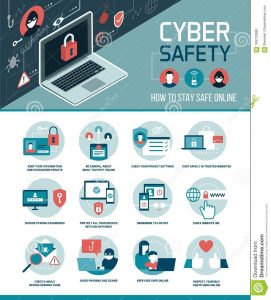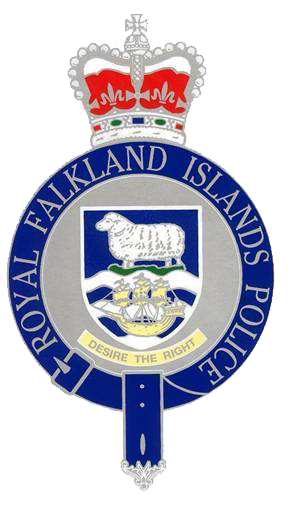Common Internet Scams
7th May 2020
419 Scam – Victims are asked to help someone transfer a huge amount of money between countries. The scammer promises to give these people a portion of the money, as long as they send an advanced fee to supposedly help process the transfer.
Sextortion – People receive an email that claims their computer has been hacked and that the scammer has obtained intimate recordings of them, for example using a porn site. Some versions of the scam have included the person’s password for an online account or may appear to have been sent from the person’s own email address.
Catfishing – In catfishing, a scammer creates a fake online profile that may be used for financial gain, to compromise a victim in some way, or simply as forms of trolling or wish fulfilment.
Fake Shopping websites – A scammer will sell a product and send a faulty or inferior quality item, or nothing at all. They may also pretend to sell a product just to gather your credit card or bank account details.
Lottery Scams – The victim receives an email saying he has won the lottery or sweepstakes. He’s asked to send a fee to claim the bogus prize.
Work from Home Scam – This scam promises financial independence and huge money for minimal effort of work at home. Victims must pay upfront for a registration fee to get products that actually don’t sell.
Fake Free VPN & Antivirus – Fake antivirus software is a way of tricking you into installing software that sounds legitimate, but that really is just a Trojan horse that lets malicious users take control of your computer.
Typosquatting – is a relatively new phenomenon. It involves tricky website URLs, such as a domain name ending with .om or .cm instead of .com, or a slightly misspelled domain name, such as amozon.com instead of amazon.com. We all make mistakes typing, so it’s important to be very careful when we enter a URL, because sites like these can be used to deliver malware to your computer.
Phishing Email Scams – Phishing is when someone tries to get personal information (like bank account numbers and passwords), from a large and un-targeted audience, so they can use it to impersonate or defraud people. The email may include a dodgy link in it, or be an offer (e.g. competition prize) or threat (e.g. tax bill)
The website ‘Have I Been Pwned?’ allows you to check if your email address is listed as being affected by one of the large data breaches included on their database. If your email address is listed, make sure you update your password on any of the affected sites.


